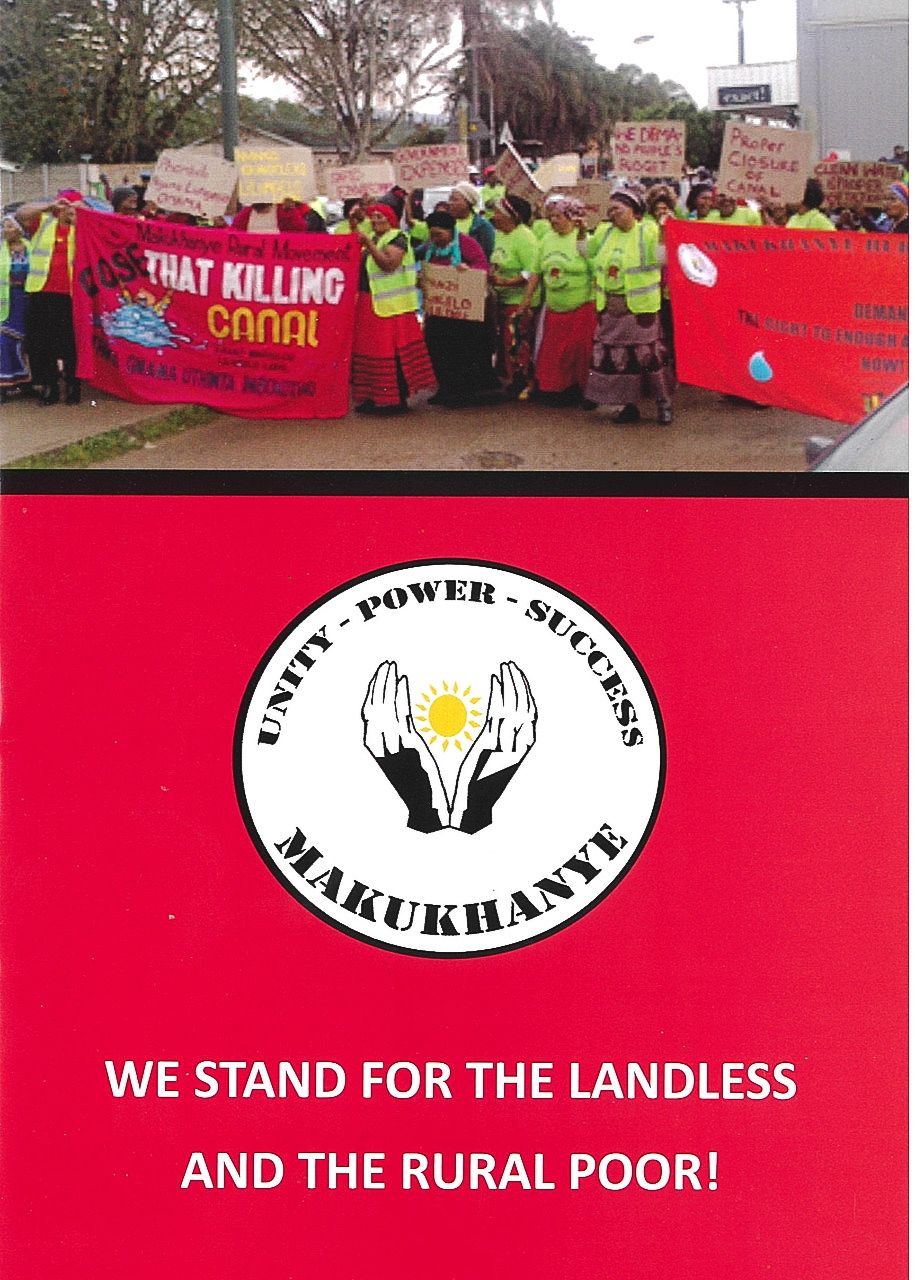
Professor Lucien van der Walt, director of the Neil Aggett Labour Studies Unit (NALSU) at Rhodes University, was an invited speaker at the recent strategy workshop of the Makukhanye Rural Movement. Lucien spoke on "The Current Conjuncture and the Broad Working-Class." The event was held with the Khanyisa Educational and Development Trust, and took place in Gqeberha (Port Elizabeth) on Saturday 23 July 2022. It was attended by Makukhanye members - farm-workers, farm-dwellers and peasant farmers - and Khanyisa staff.
Prof Lucien argued that there is a structural crisis of the South African economy, represented by mass unemployment. South Africa was a failed Newly Industrialised Country (NIC), not a colonial-type raw materials-based economy or mineral-energy complex (MEC). It centred on a low-wage, low-skill, low-productivity model, unable to transition to manufacturing-led export growth. It was highly centralised in the hands of private big business and the state, pattern common to NICs, including in Asian "success stories" like South Korea. ESKOM is the 4th biggest profit-making African corporation, bigger than Anglo-American. Commercial farmland is held by around 40,000 families and firms, and so-called "communal" land is largely state-owned. The crisis is closely linked to historically fractured character of the capitalist state which - under and after apartheid - was and is fragmented, marked by policy incoherence, fiefdoms, weak implementation, and private enrichment at senior levels.
Post-1994 land reform has centred either on creating a black capitalist farming class, on the same lines as big white farmers, with a cheap labour force, or on expanding state land. In neither case do ordinary people get land; the reform process has been slow, corrupt and badly run as seen in, for example, the almost one billion rand stolen via "state capture" in the Free State's Estina dairy farm scandal. Neo-liberal policies have fostered deindustrialisation, the decline of small towns, capital outflows, mass unemployment, including in farming, and "state capture" scams through tendering. Welfare grants helped cushion the shocks, but were inadequate and unsustainable, as a general fiscal crisis loomed.
Most people depend on wages, but unemployment is high, and many salaries low. Society is increasingly fragmented, with high levels of social disintegration in neighbourhoods, families, schools and popular movements and unions. Neo-liberalism, here as elsewhere, is marked by a spirit desperation and fear, daily dog-eat-dog struggles, with individuals isolated, fearful and angry. Fear is continually fed by the war journalism-style of mass media, the toxicity rewarded in social media, and the crisis of the left.
Prof Lucien argued that broad working-class needs to be reunited, through a bottom-up approach, where ordinary people build together, with joint ownership of struggles, mutual respect and political tolerance, and win solid gains. A big vision for massive job creation, popular empowerment, ending the apartheid divide in the cities -- through popular empowerment - is essential to this long march, but must start with changes in daily life, including working-class self-reliance, including in alternative service provision and security. Self-determination, taking responsibility, and acting morally are crucial to the family, community, and the working-class. The need of the hour was work, dignity and justice. Working-class autonomy means rejecting corruption, exploitation and dishonesty. To make change, we need to change.
